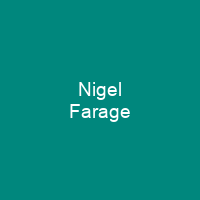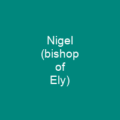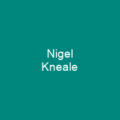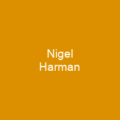Nigel Paul Farage is a British politician, activist, political commentator and broadcaster. He was leader of the UK Independence Party from 2006 to 2009 and 2010 to 2016. He served as Member of the European Parliament for South East England from 1999 until the United Kingdom’s exit from the EU in 2020. He is the host of The Nigel Farage Show, a radio phone-in on the Global-owned talk radio station LBC, from 2017 to 2020.
About Nigel Farage in brief

Farage has been a prominent Eurosceptic in the UK since the early 1990s, and campaigned for the United UK’s withdrawal from the European Union. He left the Conservative Party in 1992 after the signing of the Maastricht Treaty, which furthered European integration and founded the EU. He first became the leader of UKIP in September 2006, and led the party through the 2009 European elections. In the 2014 European elections, UKIP won 24 seats, the first time a party other than Labour or Conservative had won the largest number of seats in a national election since the December 1910 general election. In December 2018, Farage stood down from UKIP, triggering a leadership election, but remained as an MEP. He returned to frontline politics by launching the Brexit Party in 2019. He announced his resignation when he did not win the South Thanet seat, but his resignation was rejected and he remained as leader. In 2013, Farage was ranked second in The Daily Telegraph’s Top 100 most influential right-wingers poll in 2013, behind Prime Minister David Cameron. In 2014 he was named \”Briton of the Year\” by The Times in 2014. In 2015, UKIP secured over 3. 8 million votes and 12. 6% of the total vote, replacing the Liberal Democrats as the third most popular party, but only secured one seat. In the 2016 EU membership referendum, Farage supported a referendum to leave the EU and voted to leave.
You want to know more about Nigel Farage?
This page is based on the article Nigel Farage published in Wikipedia (as of Dec. 05, 2020) and was automatically summarized using artificial intelligence.







